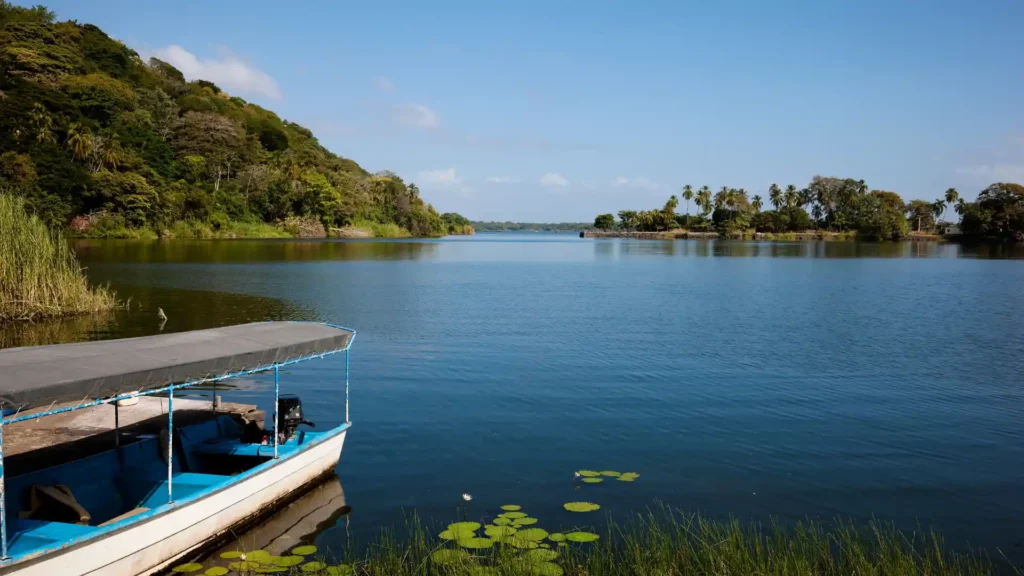Despite exemplary discoveries in 2014, no amount of considerable work has been done on the canal to connect Nicaragua’s Atlantic and Pacific coasts
Almost 10 years after it got things started on a dubious arrangement to build a canal connecting the Atlantic and the Pacific, Nicaragua has dropped a concession conceded to a Chinese businessman to finish the task which experts said would imperil the climate and uproot provincial networks.
Despite exemplary discoveries in 2014, no amount of considerable work has been done on the canal to connect Nicaragua’s Atlantic and Pacific coasts. The most work that has been done in the area is to break ground on access roads close to but digging the stream never started. Along with this, a large number of Nicaraguan framers have questioned the land seizures intended to create a route for the government-backed project.
In 2019, a Nicaraguan judge condemned three farmers’ chiefs who partook in the fights to jail for 216 years, 210 years, and 159 years. They were blamed for advancing a “failed coup” against the government. Nicaraguan regulation covers jail time served at 30 years. The proposed $50bn, 172-mile (278km) trench across this Central American nation was for quite some time seen as a joke that later turned dangerous and troublesome.
The canal and its expected impact on the climate turned into an image of the odd and inconsistent nature of President Daniel Ortega’s inexorably harsh system. Ortega’s administration guaranteed the channel would create a huge number of job opportunities and invigorate the economy. Critics contended that it presented serious ecological dangers, would uproot huge numbers of families in the countryside, and was monetarily impossible.
Discontent regarding the arrangement was an early developing sign of public disappointment with the Ortega government, which prompted mass fights in 2018 that brought about violent repression by authorities. The canal would have cut up Lake Nicaragua – Central America‘s biggest lake – and forcibly displaced an expected 120,000 individuals, including Rama and Creole people groups from protected Native regions on the Caribbean coast.
It would be one of the world’s greatest structural designing and development projects, overshadowing the Panama Channel, and would explore the country’s most significant freshwater reserve and annihilate protected natural spaces that is home to 22 endangered species.
The 50-year canal concession was granted to the Hong Kong-based organization HK Nicaragua Channel Canal Development Investment Company, owned by the Chinese finance manager Wang Jing. Experts expressed regulation to empower the task was sped up without authentic counsel, ecological investigations, or political discussion.
Prior to winning the concession, Wang had no involvement with structural designing and had constructed a fortune in telecoms. Quite a bit of that fortune was cleared out in China‘s 2015 stock market crisis when he was accounted to have lost up to 85% of his riches.
